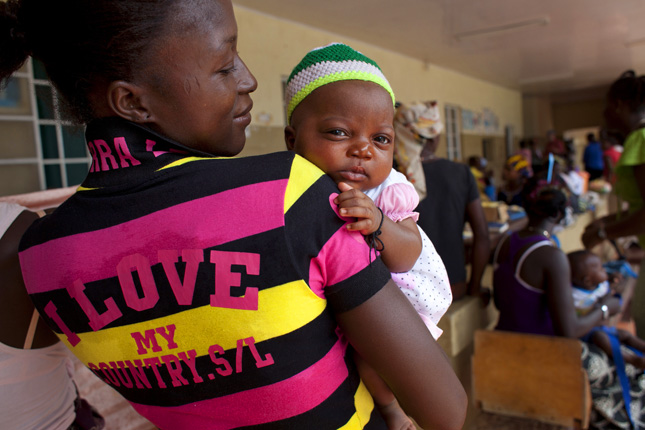-
The Urban Disadvantage: Rethinking Maternal and Newborn Health Priorities
›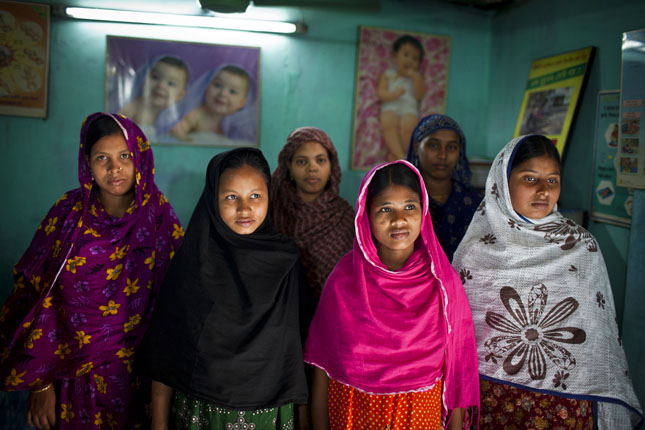
Urbanization is changing the face of poverty and marginalization, and the maternal and newborn health field needs to change too, said a panel of experts at the Wilson Center on January 24.
-
Joyce Banda on Reaching Girls Before Age 10, Balancing Tradition With Change, and More
›
If you really want to fight the patriarchy, if you want to make a difference in girls’ lives, you have to reach them when they are young, says Joyce Banda.
-
President Joyce Banda Talks About Her Time in Office & Sensitizing African Leaders to Maternal Health Challenges
›Joyce Banda, Malawi’s first female vice president, became Malawi’s first female president in 2012 after the sudden death of Bungu wa Mutharika in office. From day one, maternal health and girls’ education were a priority in her administration, she tells the Maternal Health Initiative’s Roger-Mark De Souza in an interview at the Wilson Center.
-
State of the World Population 2016, and Fostering Development Through Family Planning
› The United Nations Population Fund’s 2016 State of the World Population report calls for investment in a very specific demographic: 10-year-old girls. At age 10, young girls are at a “pivotal” stage in their lives, the report says. They face a world of limitless possibilities, yet far too many end up thwarted in their ambitions by sexual violence, forced marriage, female genital mutilation, child labor, and other “systematic disadvantages.”
The United Nations Population Fund’s 2016 State of the World Population report calls for investment in a very specific demographic: 10-year-old girls. At age 10, young girls are at a “pivotal” stage in their lives, the report says. They face a world of limitless possibilities, yet far too many end up thwarted in their ambitions by sexual violence, forced marriage, female genital mutilation, child labor, and other “systematic disadvantages.” -
Reproductive Health Care in Crises Has Come a Long Way, Says Sandra Krause, But There’s More to Be Done
› There may be more women and girls at risk of maternal health complications in fragile and conflict-affected settings today, but attention to the issue is not new and the international community has made important strides over the last 20 years, says Sandra Krause, program director for reproductive health at Women’s Refugee Commission, in this week’s podcast.
There may be more women and girls at risk of maternal health complications in fragile and conflict-affected settings today, but attention to the issue is not new and the international community has made important strides over the last 20 years, says Sandra Krause, program director for reproductive health at Women’s Refugee Commission, in this week’s podcast. -
Displaced and Disrupted: Closing the Gaps in Maternal Health in Conflicts and Crises
›
Where violent conflict displaces people and disrupts societies, maternal and child health suffers, and such instability is widespread today. According to the UN Refugee Agency, there are 65.3 million forcibly displaced people, 21.3 million refugees, and 10 million stateless people over the world. In addition, more than 65 million people who are not displaced are affected by conflict.
-
Elena Ateva on Putting the Individual at the Center of Maternal Care
› Exactly one year after the adoption of the Sustainable Development Goals in September 2015, The Lancet published a special series on achieving maternal health priorities in the SDG era, with a focus on quality, equity, strengthening entire health systems, sustainable financing, and collecting better evidence.
Exactly one year after the adoption of the Sustainable Development Goals in September 2015, The Lancet published a special series on achieving maternal health priorities in the SDG era, with a focus on quality, equity, strengthening entire health systems, sustainable financing, and collecting better evidence. -
‘The Lancet’ on Achieving Maternal Health Goals in the SDG Era: Tackling Diversity and Divergence
›
Between 1990 and 2015, there was an incredible 44 percent decrease in global maternal mortality rates. But these impressive gains still fell short of the Millennium Development Goal of reducing the global maternal mortality ratio by three quarters.
Showing posts from category Dot-Mom.


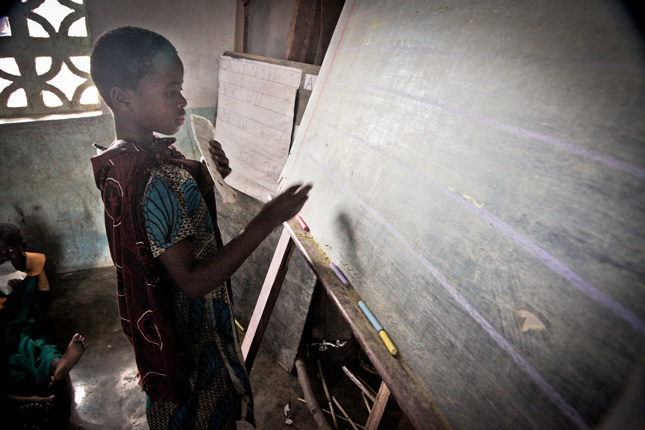

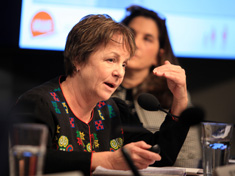 There may be
There may be 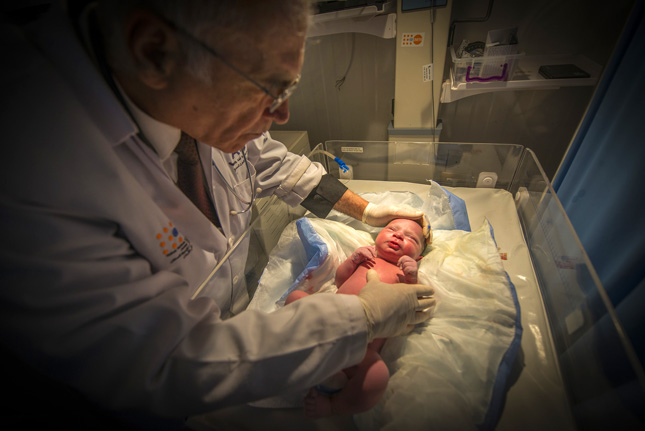
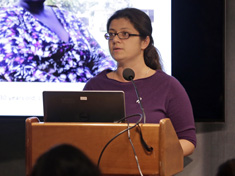 Exactly one year after the adoption of the Sustainable Development Goals in September 2015,
Exactly one year after the adoption of the Sustainable Development Goals in September 2015, 